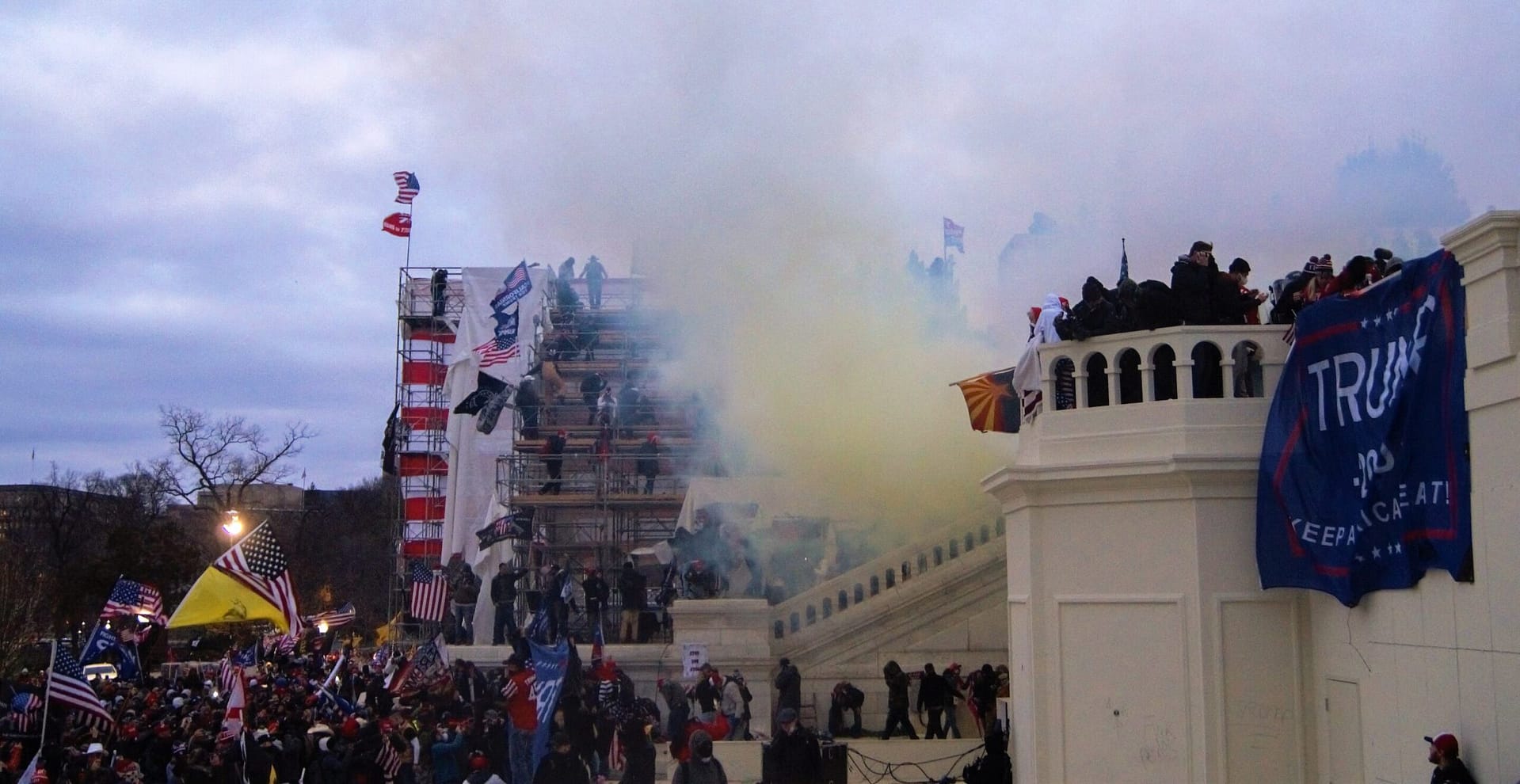The Trump administration is filing criminal charges against more immigrants in the US illegally as part of an effort to skirt state and city policies that limit local cooperation.
The effort is starting in California, where prosecutors are tracking everyone booked into state and local jails in a seven-county region. They’re looking for foreigners who have been previously deported in order to charge them with a felony for re-entering the US without permission, said Bill Essayli, the US Attorney for the Central District of California, which includes Los Angeles.
Under “Operation Guardian Angel” federal prosecutors have filed about 350 criminal arrest warrants for foreigners arrested on state or local charges in the area since January, compared with about 17 during all of 2023 and 2024, Essayli said in a interview.
Being a foreigner in the US without permission isn’t a crime per se, but those caught crossing the border illegally can be charged with a misdemeanor or felony if they’ve been caught and deported before. Anyone caught in the interior of the country after being deported can also be charged with a felony.
“We’re going to file on anyone and everyone who qualifies under the statute,” Essayli said. “We’ve got the resources, and the administration has made it clear resources will not be an issue for immigration-enforcement operations.”
The warrants supplant previously relied-on “detainer” requests sent to local jails asking authorities to hold someone on civil immigration charges. Multiple jurisdictions around the US have in recent years stopped responding to those requests, arguing that local and state officials have no authority to enforce the administrative immigration notices. California has statewide policies that generally bar local authorities from honoring those detainer requests.
